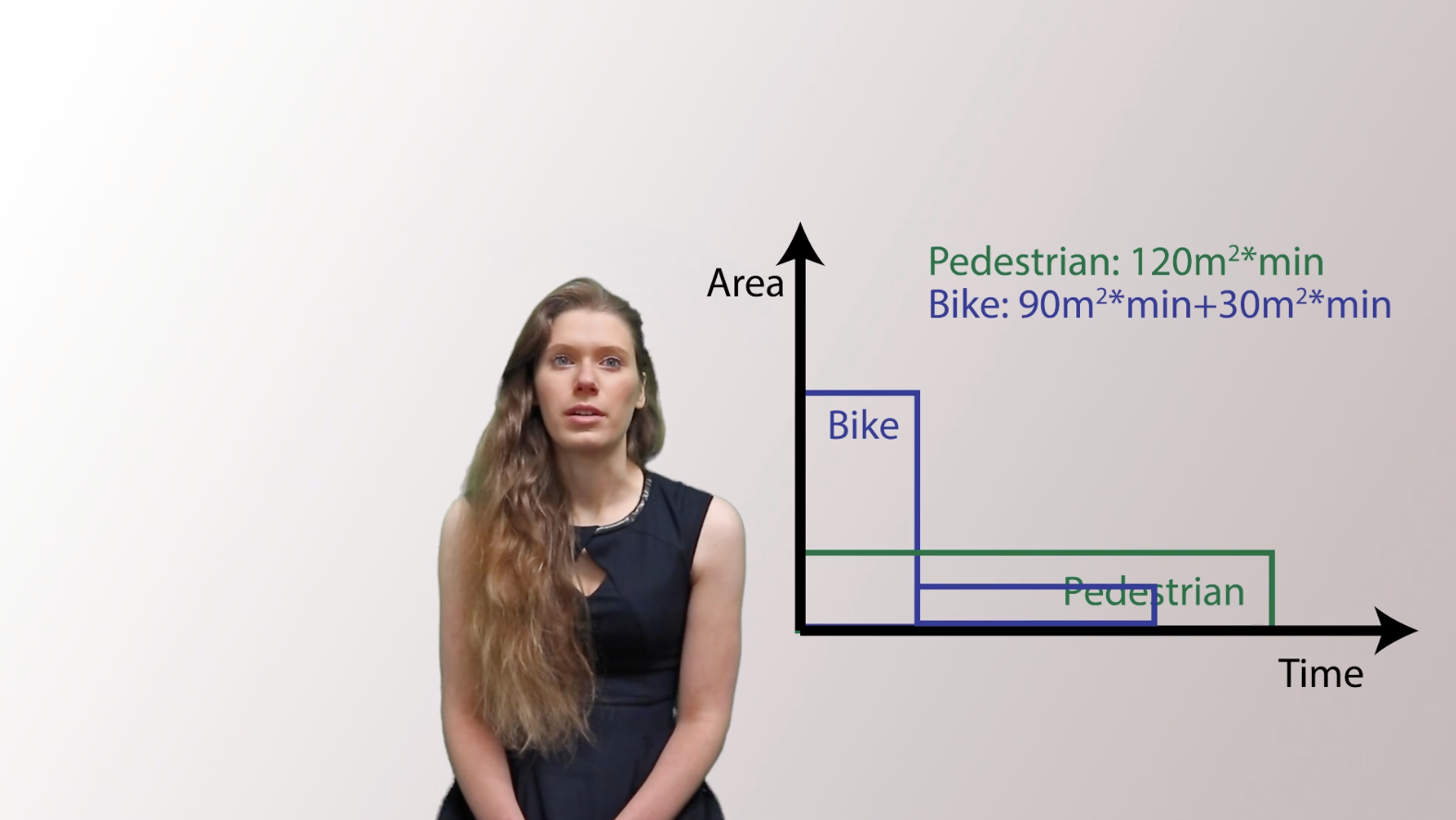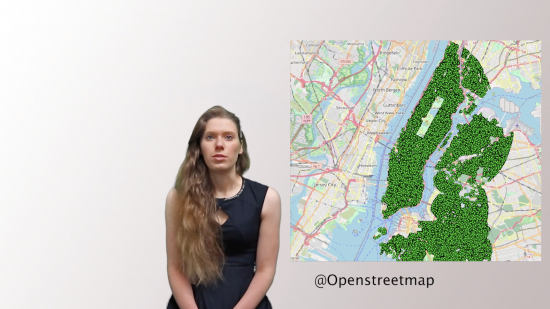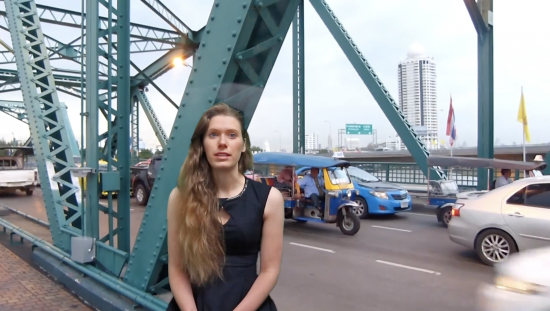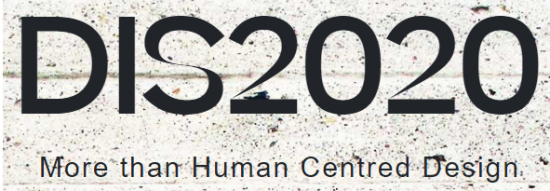Our final issue: Annual report 2022-2023
8 January 2024
Our last and final Annual Report is now published.
It covers the activities of the Centre in the academic years 2022 and 2023.
The report can be found in this link: http://tinyurl.com/yc8jcant
8 January 2024
Our last and final Annual Report is now published.
It covers the activities of the Centre in the academic years 2022 and 2023.
The report can be found in this link: http://tinyurl.com/yc8jcant
1 November 2023
Top 5 highlights and moments of the lifetime of this EPSRC CDT in Embedded Intelligence:
- The graduation of our students and researchers: link1, link2, link3
- The 2017 Summer School in London with 150+ PhD students of 8 CDTs of the Digital Economy Network: watch the video here.
- Our researchers travelling the UK and beyond presenting and showcasing their work: visit the 'news' section to see a few examples.
- The Induction Week at The Burn in Scotland and the LEGO® activities every year in 2014, 2015, 2016, 2017 and 2018.
- Our membership to the UKRAS Robotics & Autonomous Systems, and our 'Robots at the Movies' event in 2017.
29 April 2023
Written by Paula Malins
Finding the sweet spot is every golfer’s dream. Creating a sweet-spot-o-meter would be a joy for equipment manufacturers. And, scientifically defining it is the focus of sport engineer Paul Lückemann’s current research.
What is the sweet spot?
The sweet spot is the tiny area on the face of a golf club that gives the greatest transfer of energy between the club and the ball, ensuring the best shot in terms of distance and accuracy.
The complex dynamics of the club-ball energy transfer – club design, player technique, even weather conditions – makes calculating the sweet spot’s location hugely demanding.
Paul’s research
Paul is developing an intelligent system for analysing golf swing that will offer new insights into player technique and support innovation in golf club engineering – including pinpointing that elusive sweet spot.
His approach measured two key dynamic indicators (or points of contact between clubhead and ball) during impact by tracking the clubhead rotation.
Using a high-speed multi-camera system, he tracked a driver clubhead at 20,000 frames per second. To provide consistency and accuracy, the swings were performed by a golf robot at 45 metres per second – eight for both dynamic indicator locations to calculate the mean and standard deviation of the clubhead angular velocity (the rate at which it rotates during the swing and impact).
The resulting data were used to model and calculate the sweet spot in this scenario – and an algorithm for use with other types of clubs and swing, established.
Ongoing research
Paul is now working to deliver software that interfaces with an existing motion capture system to analyse golf swing and calculate relevant swing metrics.
He also plans to study the effect of clubhead speed and mass distribution on the sweet spot indicators which will pinpoint the sweet spot for any given golf swing.
Sweet news for golfers and sport engineers everywhere.
Find out more
More about Paul and his research
https://www.lboro.ac.uk/study/postgraduate/student-stories/paul/
Read Paul’s research paper
https://docs.lib.purdue.edu/cgi/viewcontent.cgi?article=1021&context=resec-isea
28 February 2023
A careers event – 23rd Feb 2022
We gathered a group of supporting companies and industrial collaborators who came to present the vacancies they have in their companies as well as to give us a personal perspective about their own journeys.
The panel, facilitated by our Executive Director Dr Carmen Torres-Sanchez, included:
- Dr Alejandra Matamoros, Technology manger in Digital Engineering at The MTC
- Hannah Steadman, Recruitment coordinator at TWI
- Beverley Stalton, director of Human Resources at HSSMI
- Rene de Jong, Senior Research Engineer at Arm
- Dr Sherry Ghanizadeh, Technical Consultant at Lucideon
- Dr Alan Arthur, Chief Technical Officer at GTMA
- Paul Wheeler, Managing Director at Elementar UK
In a complementary fashion, the panel came together and gave a different perspective of their ‘non-linear’ journeys, a lesson on why attitude and ‘fresh-pair’ of eyes matter, and that a steep learning curve makes you grow, rather than bogs you down, if you are prepared to raise to the challenge. They spoke about how we sometimes we put limits to ourselves, in your heads, and one can achieve whatever one wishes - provided you know what you want to do.
The panel included representatives from large and small companies, particularly the latter, because the CDT-EI supports local and small businesses in the UK. That’s very much what we have been doing in the past 7 years of operation. The CDT-EI has been a platform to bring together SMEs and researchers so they could work together solving problems.
1 February 2022
Welcome to the 2021 Annual Report from the EPSRC Centre for Doctoral Training in Embedded Intelligence. You can read here what our students and researchers have been working on this year, of great challenges due to the global pandemic. Despite that, there are great stories inside.
You can read the report about the Centre here.
This Annual Report gives an overview of all the activities for the EPSRC Centre for Doctoral Training in Embedded Intelligence for 2021. It includes information about our:
If you have any questions about what you read today, or would like to know more, do not hesitate to get in touch.

Cohort 4 researcher, Maren Schnieder, presented at the IEEE Forum on Integrated and Sustainable Transportation Systems (Forum-ISTS2020) and moderated a session about traffic modelling and control. The conference was an opportunity for academia, industry, and public authorities to discuss the future of mobility especially electrification, sharification, and connected automation.The virtual the conference included a range of activities from pre-recorded presentations, live key notes to a live demo of an autonomous vehicle and social activities such as pub quiz and an online social dinner.


16 November 2020

Cohort 4 student, Matt Smith attended the Doctoral Consortium on 9th and 10th of July 2020 which took place online due to the pandemic. The event was hosted by Kristina Höök (KTH), Mark Blythe (Northumbria University), and Caroline Hummels (TU/e).
Matt says ‘The Doctoral Consortium consisted of going through each of the twelve student attendees’ work, discussing, offering ideas, references, and asking questions about the contributions of the work and next steps. There was also time spent discussing general elements of PhDs and career planning beyond the PhD.
This event was hosted during the Designing Interactive System (DIS) conference. The theme of this conference was “beyond human-centred design” which align exceptionally well with my work. The Doctoral Consortium provided me with contacts (which may already be turning into collaborations), they helped me to reflect on how my PhD is going to constitute a contribution to knowledge, and began the process of considering post-PhD/postdoc opportunities and strategies.’
The paper Matt submitted was also put into the companion proceedings, it can be found here:
https://dl.acm.org/doi/10.1145/3393914.3395832
9 November 2020

Our cohort 2 student, Melanie Zimmer has completed her ILM Level 3 Certificate in Leadership and Management! Congratulations Melanie!
